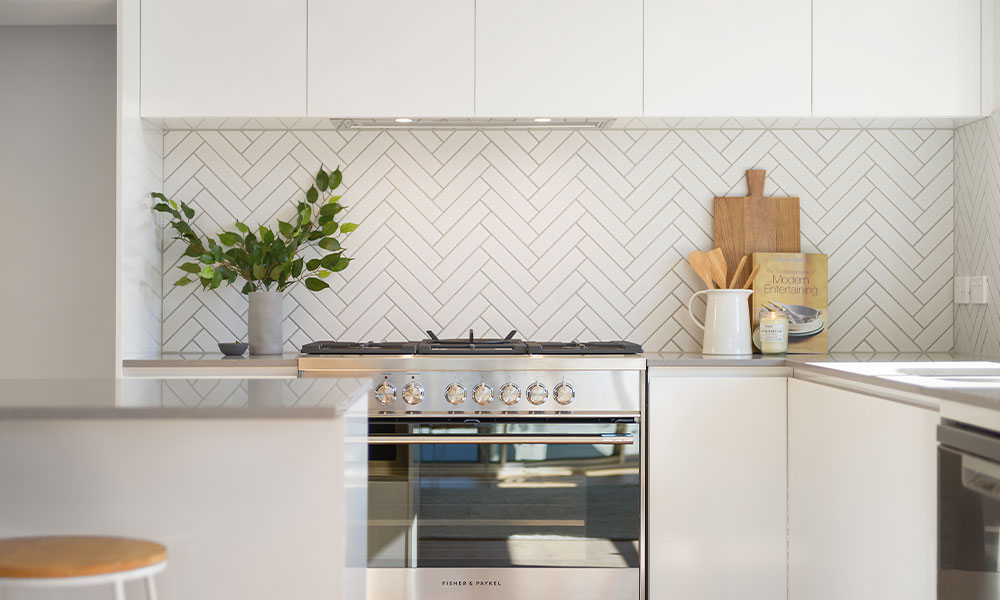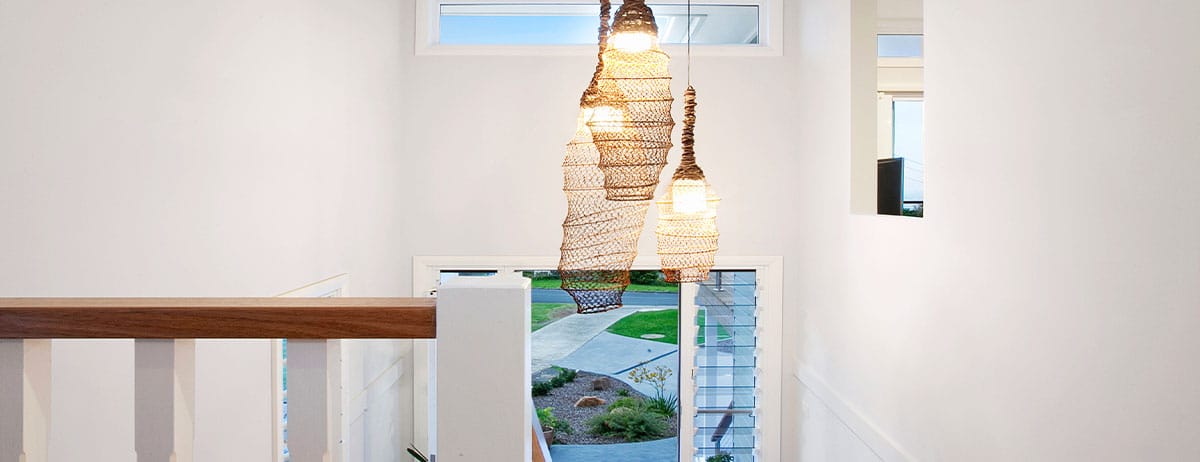
HOW TO AVOID GOING OVER YOUR BUDGET WHEN BUILDING YOUR NEW HOME
Budget is one of the top concerns from everyone going through the building process of their first home. You probably have heard multiple stories where first home buyers go way over their budget, which makes you think that it is impossible to stay on track with your finances when building your new home. That doesn’t need to be your case! Whereas unplanned setbacks and changes can derail your funds during construction, with a little bit of creativity and a lot of foresight, you will be able to build your first home without blowing your budget!
We have put together a few tips that will help you stay on track when building your new home:
1 - Do your research when it comes to selecting a builder for your first home:
Choosing a reputable and experienced builder in your local area it’s the first step to stay on budget. Not just because they’ll help you visualise the kind of home you can build with your budget, but they also can help you to make the most of it. A good builder will listen to your needs and consider how much you can afford to spend on your new home, to then create an honest and realistic proposal for you.
The quote your potential builder provides should serve the purpose of the home you want to build and include everything that you agreed to have in it. If there is anything that cannot be included on the original budget, then the quote should outline in detail how much these exclusions can cost you.
Remember, the lowest price not necessarily means the best. Analyse your quotes carefully to ensure that the scope of the services to be provided are similar in nature when comparing proposals from potential builders. A surprisingly low price on a quote can actually mean that you’ll end up spending more on additions and hidden cost that will blow your budget over time.
2 - Be honest with yourself and your builder :
After you choose your builder, make sure you are 100% honest and upfront with him/her about exactly what you want, and how much you can afford before he/she prices the new build. Most of Homeowners agreed that having clear communication with their builder throughout the entire building process, help them to stay on track with their budget, and avoid unexpected costs.
Building your first new home is an exciting experience, and sometimes you can get lost on the fun stuff like furniture, fixtures and appliances. However you need to be realistic about all the costs you will incur throughout the building (and moving in) process, like legal fees, moving costs, site costs, landscaping and even flooring.
It is always wise to ask your builder if any of these are included in the contract and how much money you need to spare for what is not.
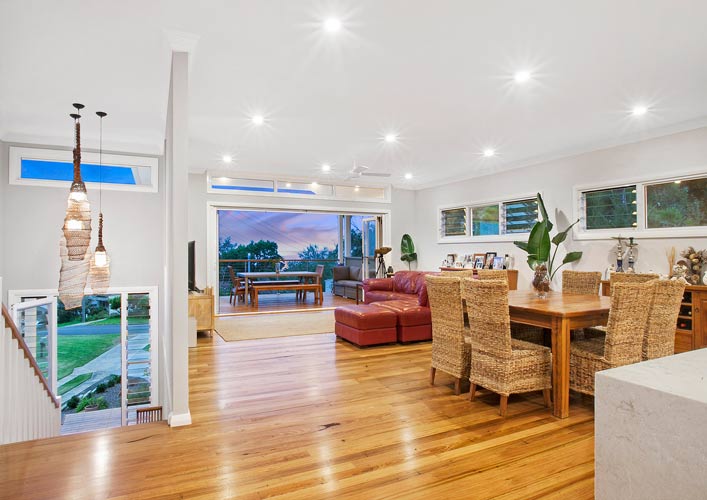
3 - Define your priorities
If your budget is tight, let your top priority be your guide, go with the elements of your future home that are most important to you! However, don’t prioritise looks over functionality as you can regret it in the future.
When choosing where to allocate your money, make sure to adopt a “comfort first” mindset. For your first home, you don’t need to go all fancy with appliances such as stone benchtops, as a laminated benchtop will do the same job without the added costs. Instead, spend some money on functional appliances such as a high-quality air conditioning system.
Another example is facades, for your first home you can save money by choosing a standard design, rather than a prestige one. Remember that aesthetics change, but the quality behind your walls will always matter, and you can always upgrade your home in the future!
4 - Spend more time on the planning phase of building your new home:
Most of first home buyers regret not having spent enough time on planning. Taking your time during the selections process and making sure you are happy with every detail of your new home will save you from making unexpected and rushed decisions later on the construction phase, which always end up being expensive.
The best way to save money is to make a plan and stick to it. A good example is, if you make all the design choices before construction starts, you’ll purchase the building materials at the price quoted at the beginning of the project. The better you plan, the less you’ll have to pay in variations.
The planning stage is also the best opportunity to get creative and look for ways to save some money in your home. For instance, some builders offer really good upgrade packages at incredible prices that will allow you to include more of what you love in your home and save even thousands of dollars. So it is really worth it to look for promotions at this stage.
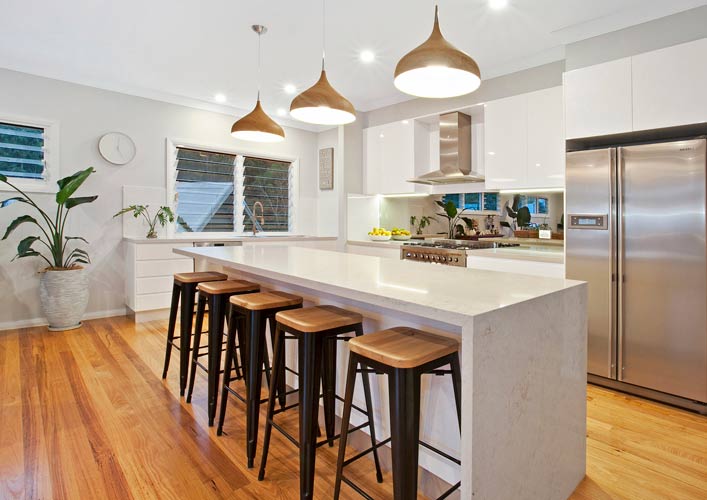
5 - Avoid making changes on-site:
Usually, people that have gone over budget when building their first home have had many change orders and upgraded their home while construction was in progress.
It’s normal to sometimes change your mind with a few details that you’ve previously selected. A good builder will be flexible and try to help you make those changes with minimal impact of your budget and timeframe. However, most of the times, these changes represent a major alteration to the whole site plan and schedule of the home build, leading to delays and extra costs that your builder will have to charge you as variations.
When you sign a contract with your builder, they already have a meticulous plan in place to make sure they handover your new home on time and to the highest quality standards. So it’s essential to understand what some changes will mean to the scope of the project before going ahead with them. This will save you and your builder from multiple headaches along the way.
Remember, a couple hundred dollars here or there might not seem like a big deal, but can slowly creep up and can completely blow your budget! More often than not, changes on-site cost more in time and money, so be mindful of this when you go on-site to check your new home progress.
6 - Allow some room for the unexpected:
When building your new home, especially for the first time, you’ll always have to deal with a few unforeseen costs, either expenses that you didn’t plan for, changes, or even speedbumps during construction that can slow the project down and cost you extra money.
Good advice is not to put all your eggs on the same basket, keep a contingency budget for the unexpected. Sometimes life gets in the way, and your new home build will experience a few delays for reasons that you nor your builder can control. This is when this money can save you from blowing the overall budget of your new home.
A good rule is to set aside up to 10% to your budget so you can have peace of mind that you have a safety net throughout the build.
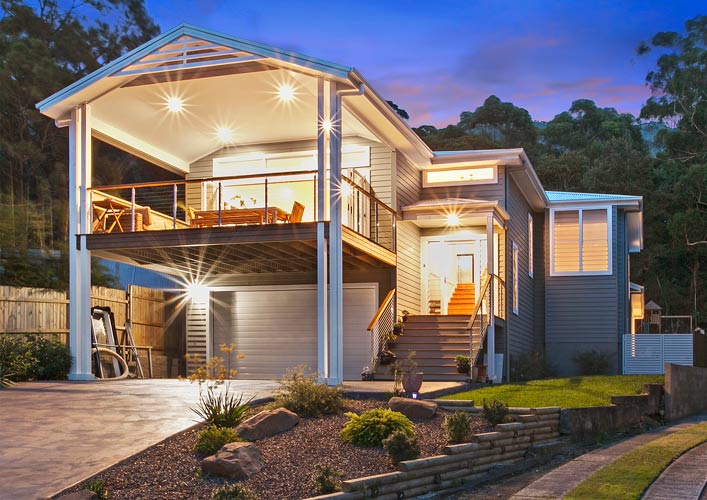
Keeping your new build budget low doesn’t have to be a strain, but proper planning will definitely reduce some of the stress and help you stay on track. Just remember that the choices you make now will affect the way you feel about your new place later. Organisation and good communication with your builder mean you’ll love the end result and won’t have to worry about going over your budget.
At Evolution Building Group, we want to make the dream of building a first home achievable for everyone. This is why we offer flexible, affordable and innovative building services. We also understand how important is to get your first home right, so we will nurture you and be by your side every step of the way to make sure you make the most of your budget in your new home.
If you would like help on your journey to owning your first home, simply contact us. We are here to help you find your happy place.
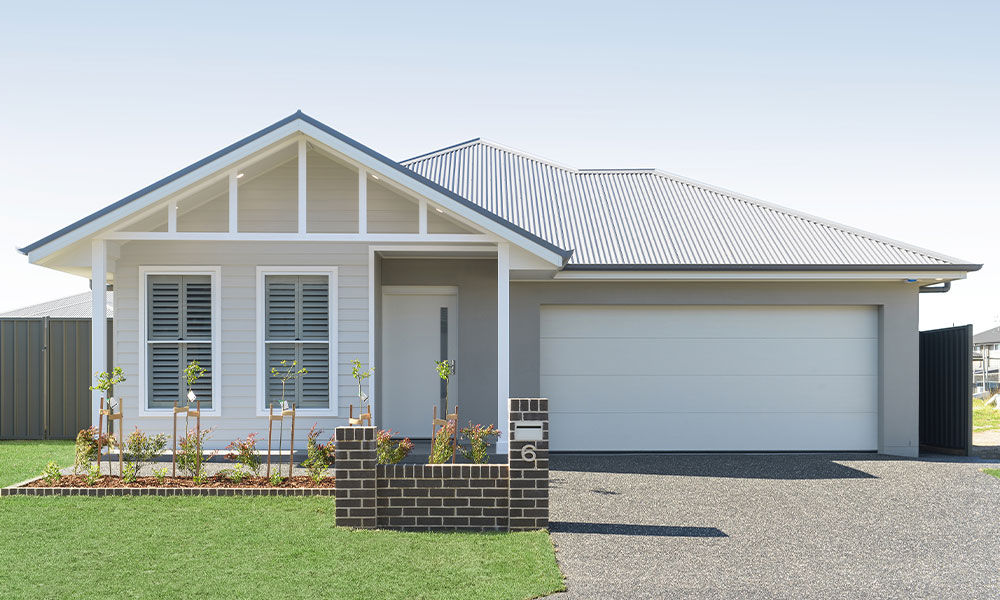
FIND YOUR HAPPY PLACE
We LOVE helping people just like you to achieve a brand new home.



